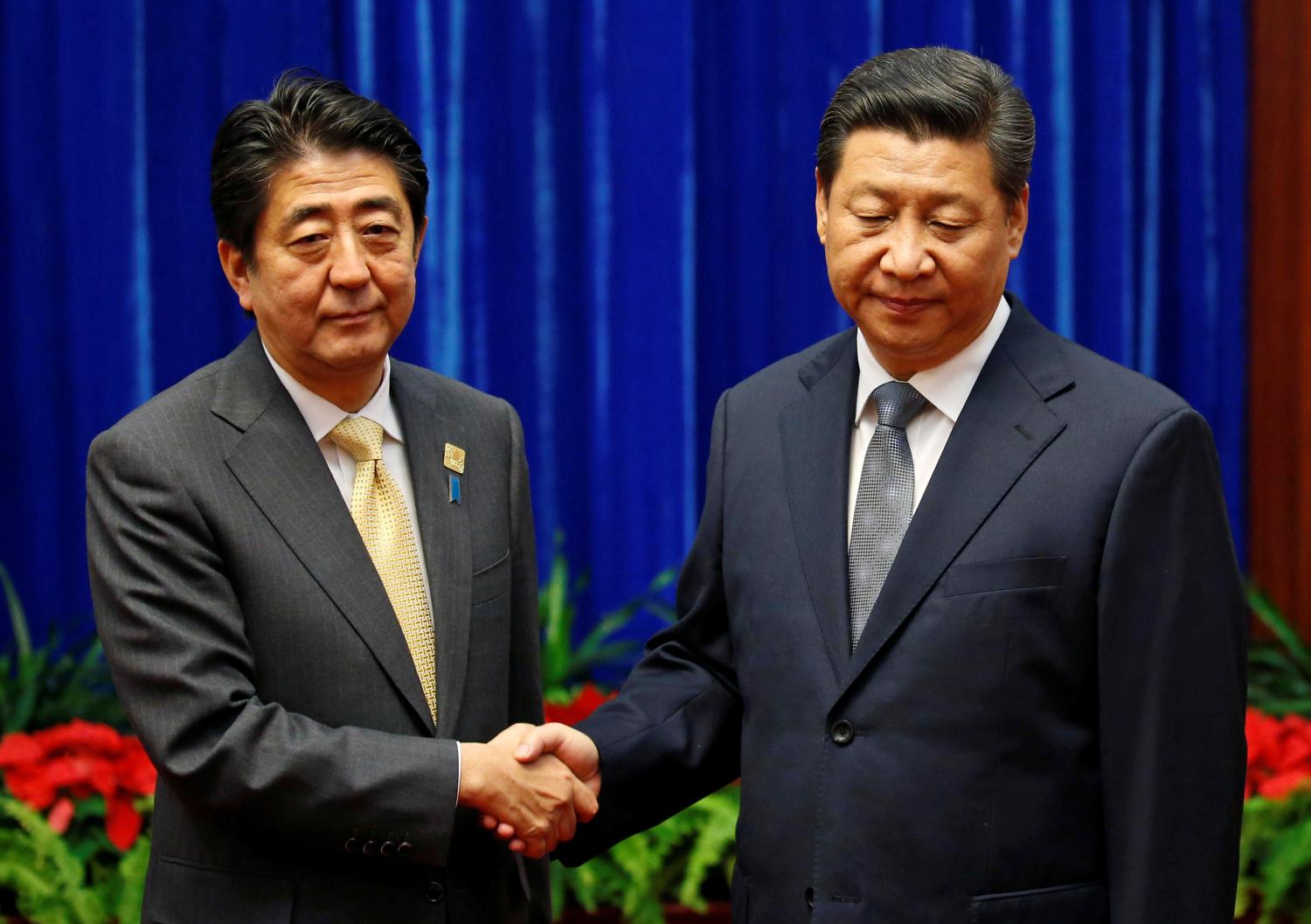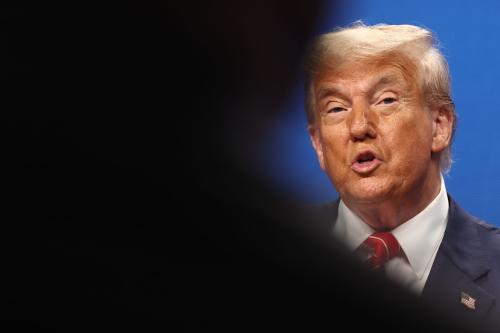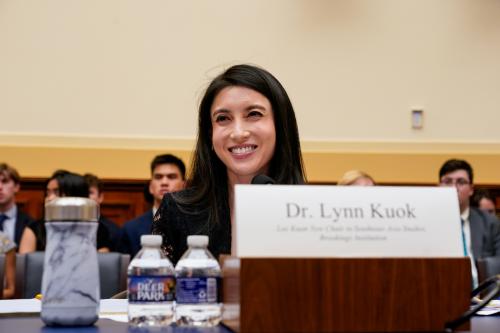Maintaining a solid, cooperative relationship between the United States and Taipei serves the interests of both sides. For Taiwan, the relationship is one of life and death importance. Access to American markets is crucial to Taiwan’s economic development. Taipei also needs Washington’s constant support and reassurance to counter the threat of military action by the People’s Republic of China. Although Taiwan’s perceived strategic value varies from one U.S. Administration to another, Washington’s relationship with the island is widely regarded as part of a litmus test of America’s security commitment to the East Asian region and its role as a champion of democracy throughout the world.
It is fair to say that without the constant presence of the United States since 1949, the history of the Republic of China (on Taiwan) would probably have taken a very different and much less desirable path. The Truman Administration decided to abandon the Nationalist government in the late 1940s, which partially contributed to the Kuomintang’s (KMT, or Nationalist Party) losing the civil war to the Chinese Communist Party (CCP). The outbreak of the Korean War in 1950 prompted President Truman to make an about-face in his policy toward the Chiang Kai-shek government, which by that time had fled to Taiwan. The renewed relationship ensured Taiwan’s security, put a cap on the Nationalists’ desire to retake the Mainland, and jump-started Taiwan’s economic development. Then in the 1970s, the inevitable came in the forms of the “one China” policy, two joint U.S.-PRC communiqués, and finally the normalization of relations between Washington and Beijing in 1979. The U.S. Congress passed the Taiwan Relations Act (TRA) to govern unofficial U.S.-Taiwan relations. The TRA ensured Taiwan’s security, while adopting a hands-off approach to Taiwan’s internal politics. The role the United States has played since, among other internal and external factors, contributed to the development of a vibrant economy, and the emergence from the late 1980s of a fledgling democracy in Taiwan. The critical role that Washington played in Taiwan’s post war success can hardly be downplayed.
However, the task of maintaining the relationship in a mutually beneficial fashion has become increasingly difficult. Since the 1990s, the leadership in Taipei has actively nurtured a distinct Taiwan identity and is more willing to influence the American political system to serve its perceived interests. Mainland China, a rapidly rising regional economic and military power, perceives Taiwan as slowly but surely drifting away, and is becoming increasingly resolute in its belief that military force may be necessary to resolve the Taiwan issue. The United States, the ultimate balancer and an advocate of peace and stability in the region, finds it increasingly challenging to maintain the status quo. The foundation of a stable, mutually acceptable, and manageable Sino-U.S.-Taiwan trilateral relationship is slowly eroding.
This essay focuses primarily on Taiwan’s diplomacy toward Washington since the peaceful transfer of political power on the island in 2000. It also touches upon the United States’ policies and practices toward Taiwan, particularly those of the Bush Administration. Finally, it identifies patterns and pitfalls in the process and searches for more effective and efficient ways to manage future U.S.-Taiwan relations, hopefully resulting in a more desirable state of affairs between China, the U.S., and Taiwan.
The Brookings Institution is committed to quality, independence, and impact.
We are supported by a diverse array of funders. In line with our values and policies, each Brookings publication represents the sole views of its author(s).



